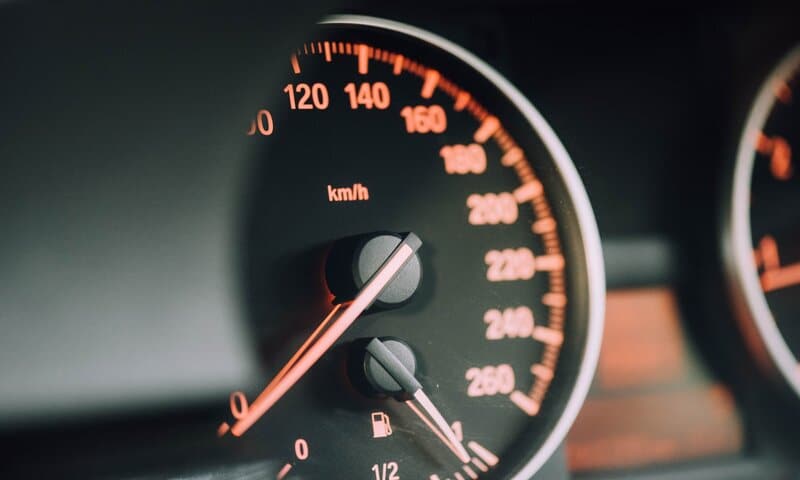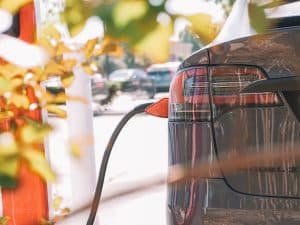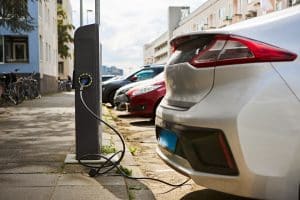The demand for electric vehicles in Australia is so high that it has impacted supply as manufacturers prioritise orders from countries that have begun adopting mandatory fuel efficiency standards. EV conversions are being conducted in several parts of the country to meet the demand.

What is an EV conversion?
Did you know that petrol and diesel vehicles can often be converted to electric? The process sees the internal combustion engine, transmission, fuel tank, and exhaust system removed and replaced with an electric motor, battery, and control system.
Electric vehicle conversions offer several benefits, including reduced emissions, lower running costs, and improved performance. They are also quieter and smoother to drive than traditional petrol or diesel vehicles, making them more comfortable and enjoyable.
However, electric vehicle conversions can be expensive, with costs ranging from several thousand dollars to tens of thousands of dollars depending on the vehicle and the scope of the conversion. In addition, electric vehicle conversions may only be suitable for some vehicles, and it is important to consult with a professional before converting.
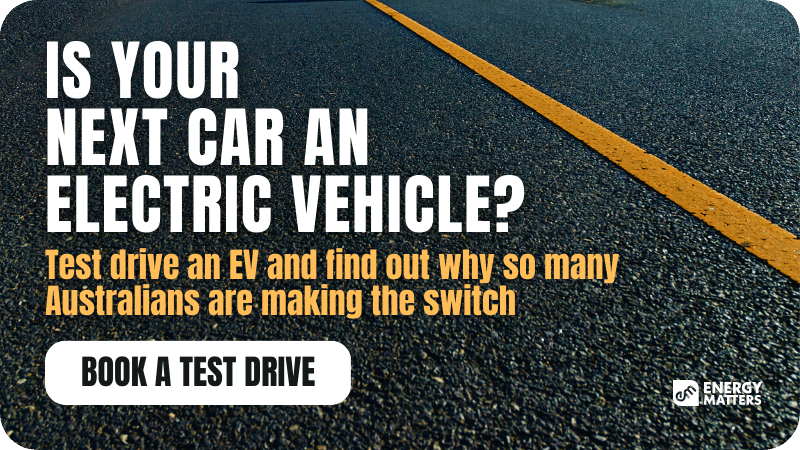
EV conversion in Australia
Roev is one of the EV conversion companies that work with businesses and government fleets to transition their petrol and diesel Toyota Hilux utilities and Ford Rangers into electric versions. In fact, there are now taking reservations, and their main goal is to electrify 1000 utes within 12 months of starting in Melbourne this year.
Noah Wasmer, the co-founder of Roev is a software engineer who is passionate about EVs and aims to open people’s minds to the benefits of EV conversions. Aside from fuel efficiencies, reliability, and more sustainability, Wasmer has found an unexpected bonus from EV conversions.
“My family just absolutely enjoys driving around in it; they think it’s the most joyful car in Australia and it’s hard to disagree,” he said.
This pushes Wasmer to convert more vehicles to electric. “We’re trying to really legitimise the idea of conversions to make it mainstream for modern cars,” he said.
He continued, “We have over 500 different orders that we’re working through just right now that we’re trying to fill. We’re excited about starting production to get those on the road.”

Last year, Jaunt Motors has merged with Zero EV to become the biggest EV conversion manufacturer in the world, and the merger will be named Fellten. Initially, Jaunt Motors kicked off its EV journey by converting old-school 4WD into fully electric vehicles.
Chris Hazell, the CEO and co-founder of Zero EV said, “The merging of our two companies into the singular Fellten will provide classic vehicle customers with any level of electrification support, and provide automotive experts, mechanics, and electric vehicle converters with the technology, tools and training to be a part of the growing global demand for electrification.”
On the other hand, Zero EV is focused on producing electric conversion OEM parts for B2B and supply chain support.
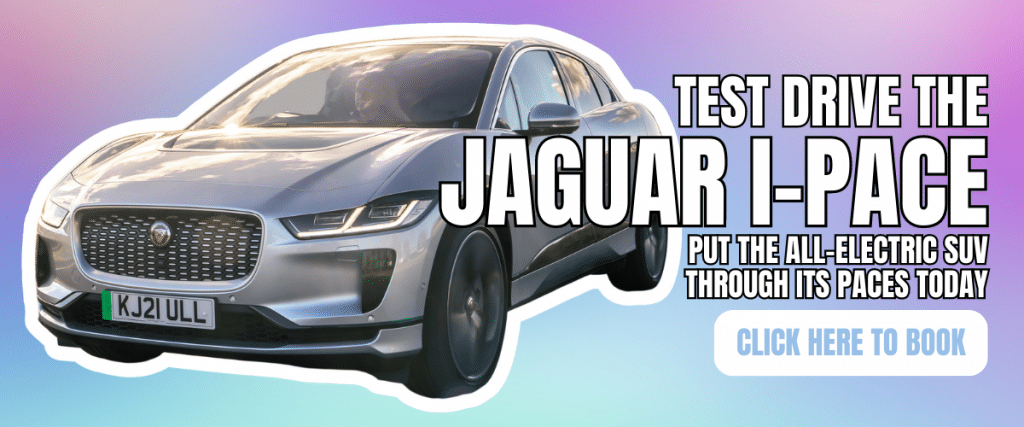
Fellten will operate across three continents, whilst automotive workshops and vehicle restorers across Australia, Europe, and North America can use Fellten’s electric conversion system to upgrade classic cars to EVs.
This will allow cars from any era to become daily drivers instead of just being collectable or enthusiast cars.
The rise of EV utes
SEA Electric and Mining Electric Vehicle Company (MEVCO) has reached a billion-dollar agreement in February for SEA Electric to source a range of Toyota HiLux vehicles and LandCruiser Utes and convert them.
According to Jake Whitehead, the head of policy at the Electric Vehicle Council of Australia, “We’re seeing demand from fleets from households, from farmers, businesses, really wanting to get their hands of electric Utes.”
He continued, “The ability to convert some existing petrol or diesel Utes is one avenue to take and it’s a great opportunity that is on the market right now.”
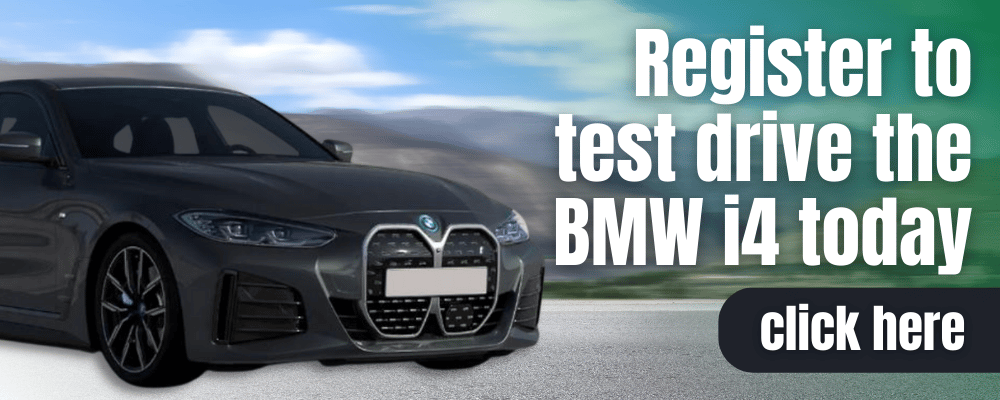
However, what’s delaying EV conversions from fully progressing is the lack of a federal mandatory fuel efficiency standard that puts Australia five to ten years behind other countries.
Dr. Whitehead explains, “Most countries around the world have a fuel efficiency standard and what that policy does is it requires global car manufacturers to import more efficienct vehicles every year.
“So when we’re thinking about Europe, the US, China, those markets have that policy, they get first dibs on these exciting projects and unfortunately, at the moment, Australia’s being left at the end of the queue.”
The first electric ute arrives in Australia
In March, the first purpose-built electric ute to be commercially available arrived in the country from Chinese manufacturer LDV. The eT60 dual-cab, two-wheel-drive ute has a 330km range and a 1-tonne towing capacity, which will be sold at $92,990 plus on-road costs.
There will be electric Utes with a higher driving range reaching above 500 kilometres in Australia soon.
If you have yet to test-drive an EV, why not book a test-drive today?
What the government plans to do
The Department of Transport said that the federal government considered a fuel efficient standard and received over 500 submissions in consultation to form the country’s first national electric vehicle strategy.
The government is now making EVs cheaper by providing the electric car discount to exempt low and zero-emission cars from import tariffs and fringe benefits tax.

The future of electric vehicle conversions in Australia
Electric vehicle conversions in Australia are becoming increasingly popular as more people seek to reduce their carbon footprint and take advantage of the benefits of electric vehicles.
Despite the potential challenges and costs, electric vehicle conversions are a promising trend in Australia, as more people seek to embrace electric vehicles and reduce their environmental impact. As the technology and infrastructure for electric vehicles continue to improve, electric vehicle conversions may become even more widespread and accessible.
Energy Matters has over 17 years of experience in the solar industry and has helped over 40,000 Australian households in their journey to energy independence.
Now is the right time to switch to Brisbane solar energy. We recommend seeking at least 3 solar quotes to ensure that you are getting the best deal and selecting the right solar installer in Brisbane whom you can trust. With this, you can guarantee a solar system in Brisbane that meets your energy needs.
Complete our quick Solar Quote Quiz to receive up to 3 FREE solar quotes from trusted local installers – it’ll only take you a few minutes and is completely obligation-free.











